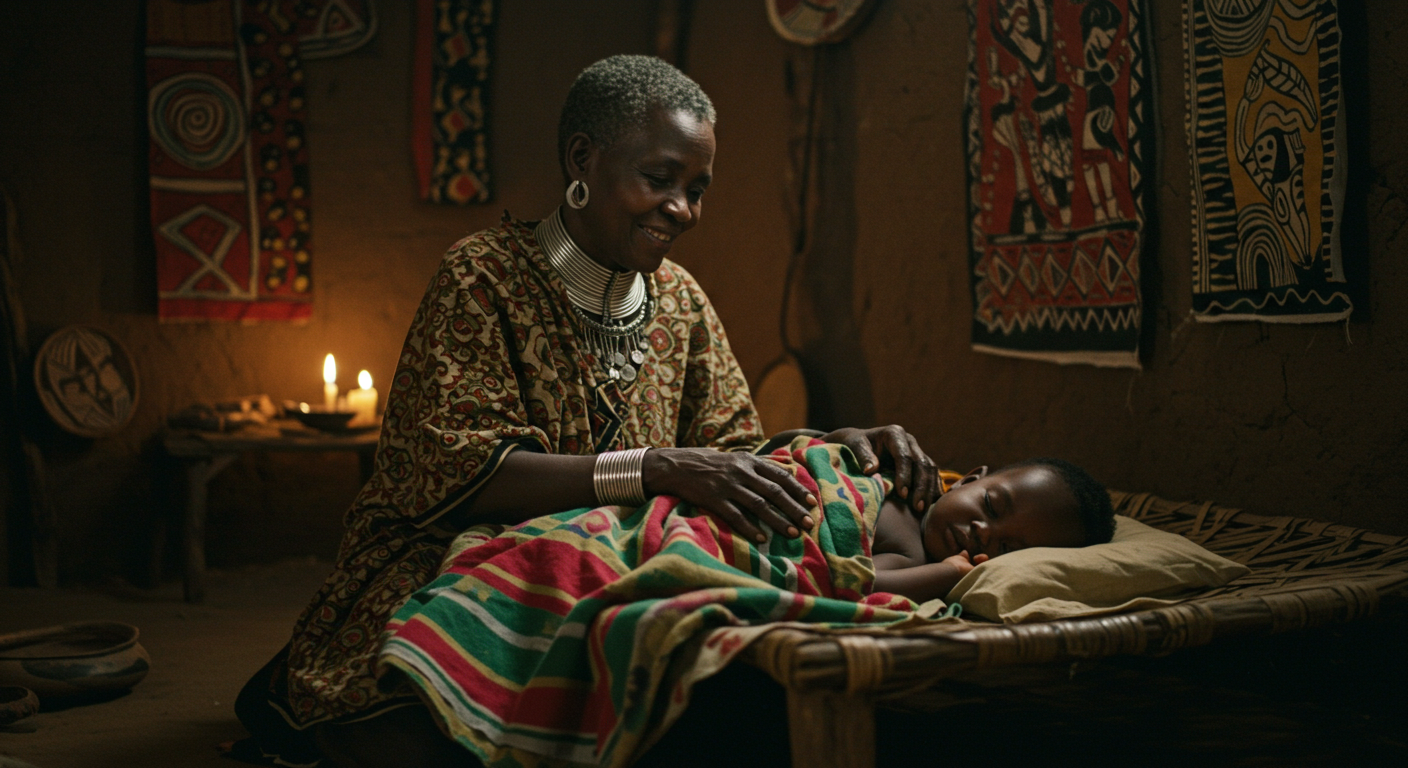Across the African continent, sleep has traditionally been seen not just as a biological necessity, but as a sacred time for rest, renewal, and even spiritual connection. African sleep rituals draw from a wealth of indigenous knowledge, community customs, and environmental alignment that promote deeply restorative rest. As sleep disorders rise globally, revisiting these ancestral practices offers a natural solution rooted in heritage.
1. Pre-Bedtime Herbal Teas and Infusions
In many African cultures, herbal infusions are used to calm the nervous system and induce restful sleep. Infusions made from lemongrass, hibiscus, African basil (efirin), or baobab leaves are commonly used in various regions. These natural sedatives not only help with sleep but also offer antioxidant and immune-boosting benefits.
2. Evening Bathing Rituals
In parts of West and Southern Africa, taking a warm bath in the evening—sometimes infused with herbs like neem, eucalyptus, or lavender—is both a cleansing and calming practice. This act marks the transition from the day’s activities to a more meditative, restful state.
3. Storytelling and Communal Wind-Down
In rural communities, bedtime was often preceded by oral storytelling under the stars or around the hearth. These narratives, often told by elders, helped children and adults alike transition from the busyness of the day to a more introspective and relaxed frame of mind.
4. Ground Sleeping and Natural Materials
Traditionally, sleeping close to the earth—on woven mats, animal skins, or with clay walls—was believed to enhance one's connection to nature and restore balance. These natural materials regulate temperature better and avoid the electromagnetic disturbances that can affect modern sleep.
5. Dream Interpretation and Spiritual Connection
Sleep is also a spiritual gateway in many African traditions. Dreams are seen as messages from ancestors or the spirit realm. Going to bed with intention—perhaps with a prayer, chant, or moment of silence—helps align the mind and spirit for restful, meaningful sleep.
By incorporating these ancestral African sleep rituals into modern routines, we can reconnect with nature, spirituality, and community—creating restful nights that heal body and soul.



